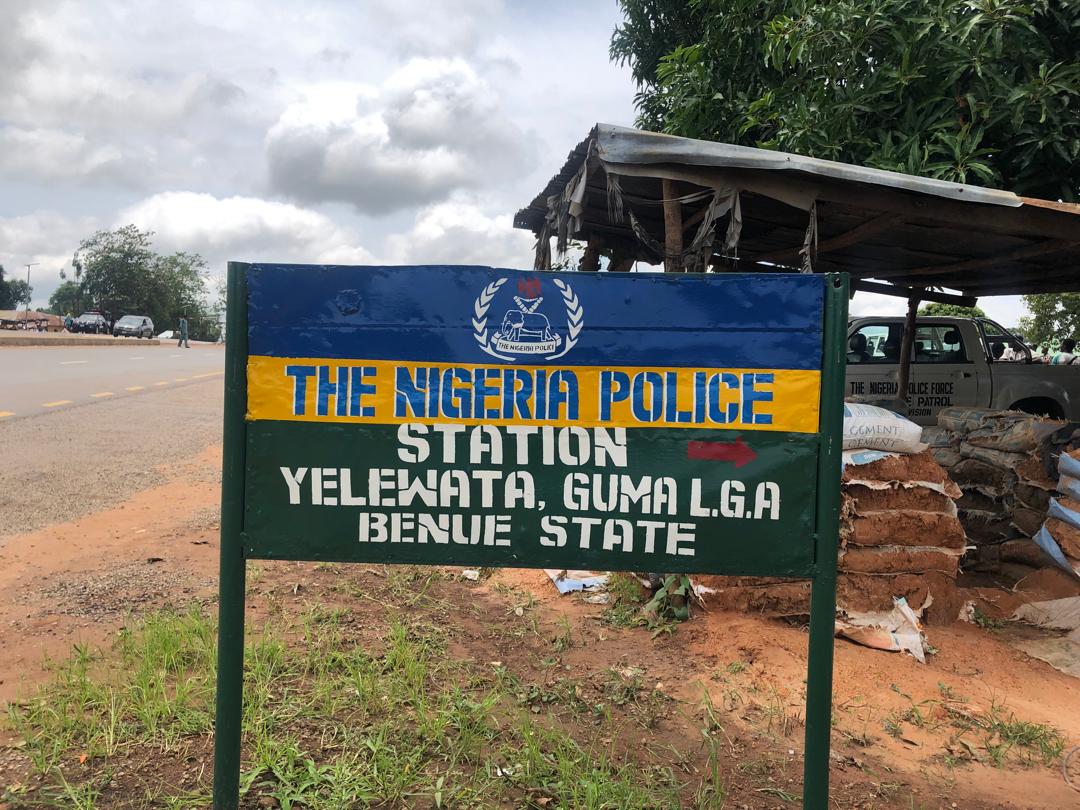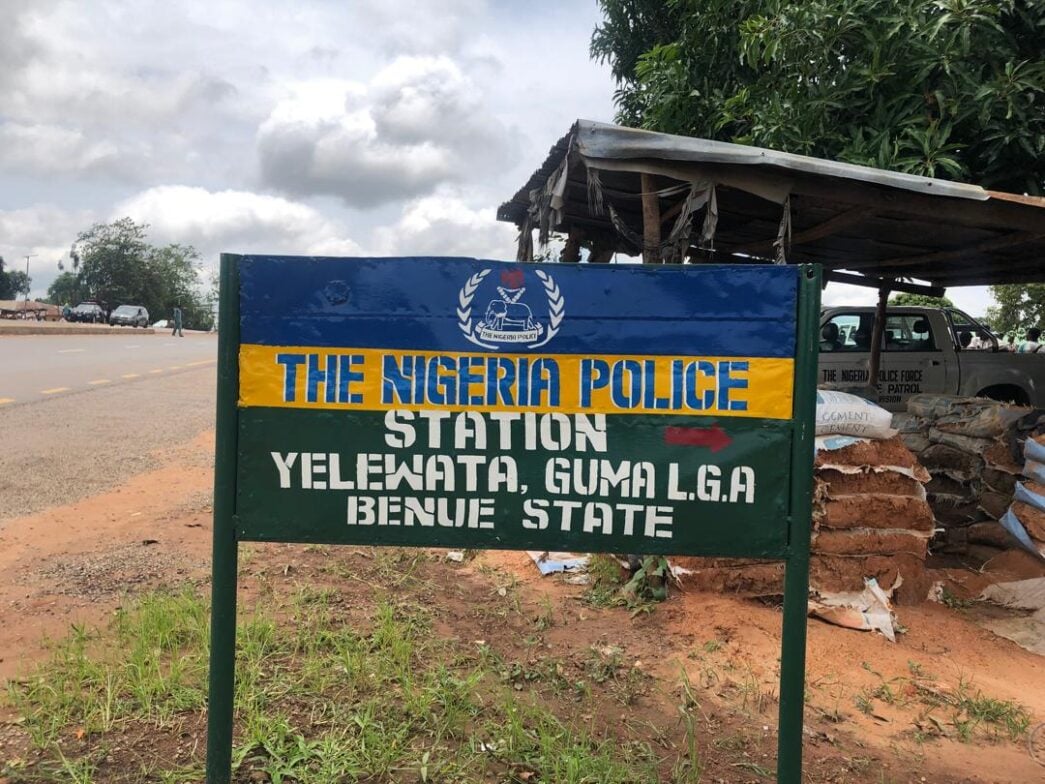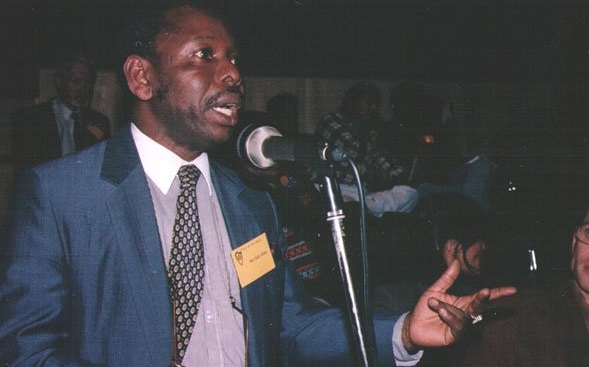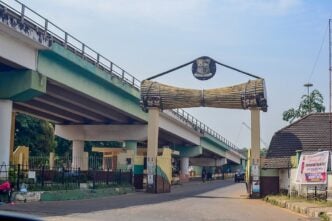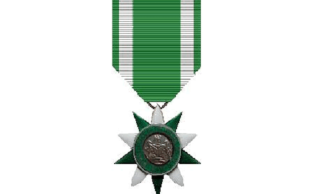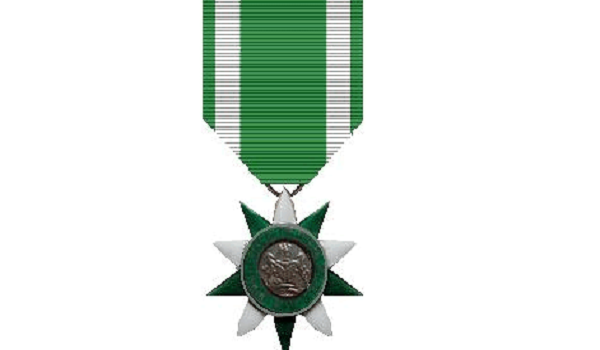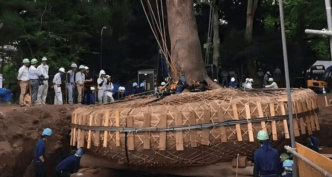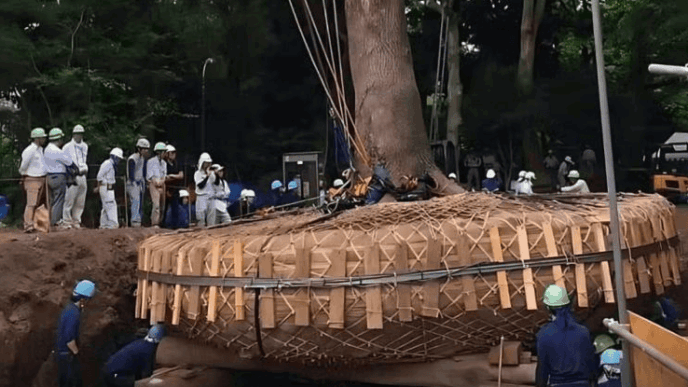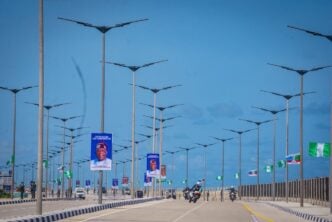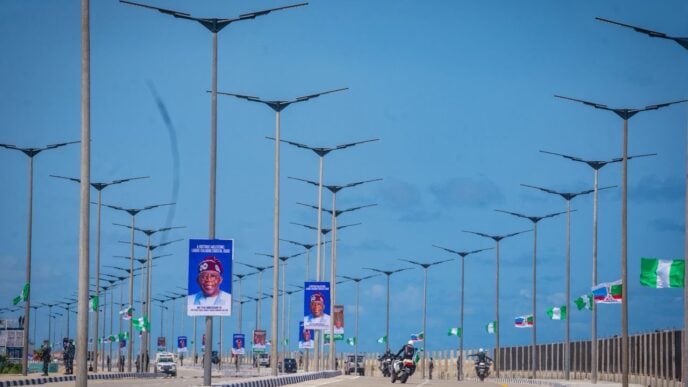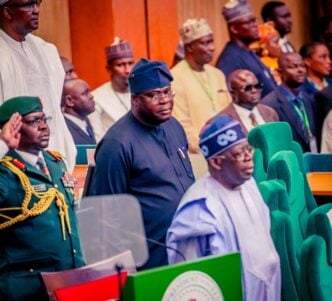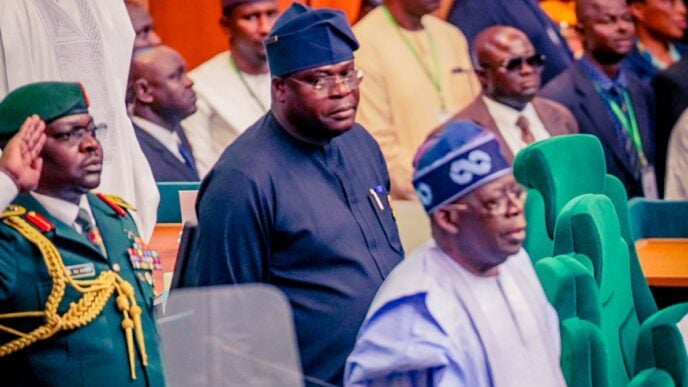BY ADEDOKUN SEYI
In that one harrowing night at Yelewata, souls were slaughtered, their homes burnt to embers – bullets tearing flesh, fire consuming futures. Reuters described “charred bodies, shattered lives” strewn across once-peaceful farmland. This carnage, one of the worst yet, transcends mere tragedy – it is proof our nation bleeds while leadership offers only echoing lies. When President Tinubu descended on Makurdi days later, he chose sanitised hospitals over Yelewata’s smouldering ruins. He asked why no arrests had been made. But he didn’t walk among the burnt. He didn’t lift a grieving child. He flew in, spoke, and flew out – action surrendered to optics. Governors and ministers lamented, but lamentations don’t fill graves or halt bullets.
Governor Alia’s response was a grotesque theatre of denial and distraction. He blamed “foreigners” speaking “strange Hausa”, refusing ownership of the violence. Meanwhile, schoolchildren were forced to queue along highways, standing as silent welcome signs while their parents were still dead in the fields. This is governance in reverse: children paraded, their loss ignored. Despite Nigeria’s staggering security crisis, reporting nearly 300 deaths between Plateau and Benue since January and 300 villages razed, leadership convenes “stakeholder meetings” instead of deploying troops, tracing killers, or enforcing laws. It is the posture of denial, vanity, and cowardice.
Rwanda’s genocide slaughtered nearly one million in 100 days; South Sudan lost 400 civilians in Bentiu’s massacre. But both were condemned by the world, spurring an international will to stop the bleeding. Our death count – over 200 in one night – receives a shrug. Meanwhile, countries like Ghana, with a homicide rate around 1.8 per 100,000, remain “safe”; Nigeria charts around 45 per 100,000 – more than twenty times higher. We have become Nigeria: a country trading lives for headlines.
Advertisement
There was a moment, in a village far away, when a shepherd boy cried wolf, again and again – and when the real wolf came, no one answered. That boy’s fate is our fate. Yet nationhood is forged in courage, not commentary. Where is the outrage? Where is the intervention? Where are the soldiers in Yelewata’s fields? Neither optics nor rhetoric will protect Nigeria now. Comparative nations that have conquered terror – Uruguay, Australia, Argentina, and the US – built ranches, enforced laws on grazing, or carpet-bombed militants in remote terror havens. Why can’t Nigeria follow suit rather than calling for “discussions with irresponsible parties in blood-bathed territory”? Why does orchestrated pageantry replace decisive action?
The strategy is crystalline. Replace hollow town hall meetings with laser-focused security: deploy troops, back vigilante guards, empower communities, enforce anti-open grazing laws, and burn terror hideouts. Create ranches. Provide intelligence. Close border leaks to Cameroon or Mali if so be the case. Do not negotiate with killers – eradicate them. Don’t just gear the soldiers up; see them off with lethal weapons that cannot be resisted by death. The governor’s ego parade and the president’s polished lines amount to betrayal. Their “stakeholder meetings” are cover-ups for cowardice. They convene, gesticulate, and cancel – they do not hunt.
And so communities are emptied, crops ‘unharvested’, futures butchered. A one per cent rise in local insecurity has slashed crop yields by over 0.2% and livestock by 0.3%. Benue’s very lifeblood is draining. We’re at a crossroads. Either leadership chooses confrontation, boots on the ground, and bullets on terror, or Nigeria bleeds again and again in silent compliance. My story, borrowed from Aesop but lived in our soil: when the wolf came, no one heard the shepherd’s cry. The shepherd boy died. So did the sheep. But it didn’t have to happen. Had the villagers acted – had they mobilised – they could have repelled the beast. Nigeria must mobilise. Not for headlines, but for graves. Not for posturing, but for people. Until then, every child forced to wave at a passing governor is a child whose future is already in flames. Every speech in sanitised glory is another mother whose tears go unanswered.
Advertisement
This is not leadership. It is treachery. And history will not forget. The blood spilt in Benue is more than an isolated tragedy; it is an indictment of a system that has become too comfortable with corpses. Israel, controversially but effectively, responds to every attack with military precision – even if the world debates their methods, there is no debate about the priority their state gives to Israeli lives. What has Nigeria done? We have met AK-47s with press releases. We have met mass burials with press conferences. And now, we meet massacres with choreographed cheers from children.
We must tear down this architecture of indifference before it consumes us. If the President had mobilised Special Forces within 24 hours, sealed the borders in the middle belt, sent drones into the surrounding forests, and commissioned a public inquiry chaired by independent judicial bodies, the world would have known that Nigeria means business.
Instead, we gave killers time to flee, and villagers had time to mourn. This is not just a failure of intelligence – it is a failure of soul. When a nation allows a governor to smile and wave while the soil beneath his feet is still moist with blood, that nation has lost its moral compass. Benue’s blood is not regional. It is national. It is continental. It calls out like Abel’s blood from the soil, crying to a God who may forgive but will not forget. It calls to a people who must decide whether they are villagers asleep while wolves feast or villagers who rise with pitchforks and light.
Nigeria stands today at the edge of a knife. Either we draw a line in the sand where bloodshed ends – or we watch as the sand turns red again. The next scream may not come from Yelewata. It may come from wherever your children sleep tonight.
Advertisement
Views expressed by contributors are strictly personal and not of TheCable.
